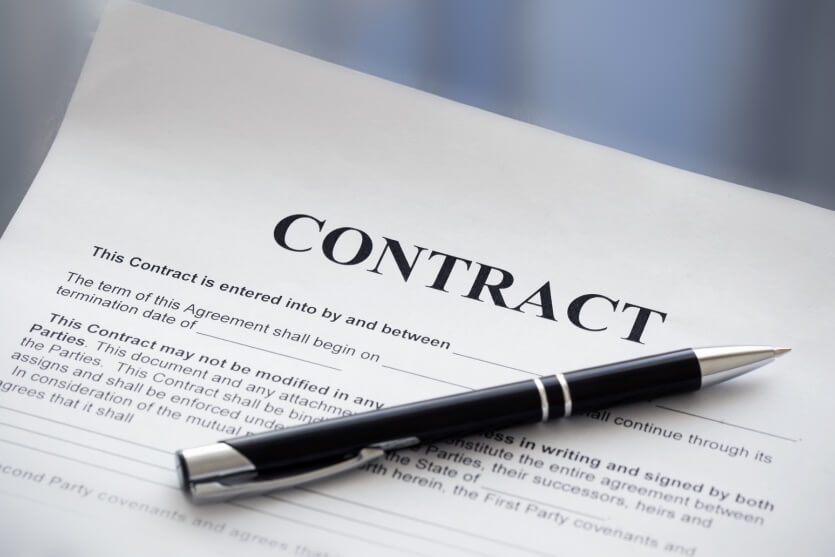What does All Rights Reserved mean?
Reservation of Rights is a legal term that is applied to many
areas of ownership, both creative, and otherwise. You have
probably seen All Rights Reserved at the end of a film, or on
CDs, where it indicates that the copyright holder reserves all
the rights provided by copyright law. But rights are also
reserved in other areas of law, such as property, and this is what
we’ll be looking at today.
When someone reserves their rights in a lease contract what
does it mean? Our handy guide will help you break down the
legal lingo and understand the reservation of rights when
pertaining to a lease agreement.
So what exactly is reservation of rights? And what does it
mean when someone reserves the right to do something?
Reservation of rights is a clause written into a commercial
lease. It informs the renting party that the landlord
reserves the right to any number of things. For instance the
landlord may reserve the right to enter the property to carry out
certain repairs, or on non-payment of rent to terminate the
lease, or to rent part of the property to another
tenant to connect into Service Media at the
property, the right to develop any neighbouring or adjourning
property or the right to build on or into any boundary wall of
the property.
What is a clause?
A clause is a provision in a contract that sets out the legal terms
and conditions.
You may find a reservation of rights clause in a commercial
lease, so before renting a commercial property it is important to
find out what rights have been reserved by the landlord. It is
not always easy to understand what the reservation
refers to, which is why it’s important to seek legal
advice. If you instruct a solicitor to work on your behalf they
will be able to advise you on this matter.
Landlord Reservation of Rights Advice
Conversely, as a landlord, if you fail to reserve your rights in a
commercial lease you could find yourself unable to carry out
basic tasks on your property for the length of the
lease.
Properties are often leased under the proviso that the landlord
can enter the building, garden, outhouses etc, under certain
conditions. If this is not included in the contractual agreement
then you will have no legal right to enter the property without
the express permission of the person(s) holding the lease.
It is, therefore, very important that both parties are made aware
of the legal ramifications of any reservation of rights issues.
Having knowledge about your lease and the
confidence that goes along with it will allow you to better
concentrate on other aspects of your business.
Kaiser Solicitors can explain the intricacies of these points in a
helpful and straightforward manner.


